Sociologists and social anthropologists have developed indological, structural functional and Marxian approaches towards the understanding of Indian society. Despite a distinctive history of conflict from the times of Buddha to the contemporary Ambedkar, social scientists have made non-Brahman traditions a part of broader Hinduism. In British India, although a number of social reformers had launched anti-systemic movements to challenge the hegemony of upper-caste Hindus but there are several issues of identity, power, conversion, gender inequality and social justice which have not been addressed properly. And, since the last decade, the militant Hindus with their political support have even gone to the extent of aggression to implement the agenda of pan-Hinduism. It is in this backdrop, an attempt is made in this book to reveal the other side of the story. The non-Brahmanic perspective perceives the practices which are non-Vedic, non-Shastric, non-castiest, non-patriarchal or having equalitarian character, and a number of attempts made to bring about change/transformation towards the egalitarian order through protest/resist/action movements against the Brahmanic hegemony. Accordingly, the attention is focused in this book on the concepts of nation and village, the roots of untouchability, anti-caste movements, conversion movements, and caste inequality in relation to educational and social policies. The book will prove useful for the students, teachers and scholars in the disciplines of sociology, politics, social anthropology and history.
Understanding Indian Society: The Non-Brahmanic Perspective
In stock
Free & Quick Delivery Worldwide
Bibliographic information
Title
Understanding Indian Society: The Non-Brahmanic Perspective
Author
Edition
Reprint
Publisher
ISBN
9788170338949
Length
x+266p., Tables; 23cm.
Subjects

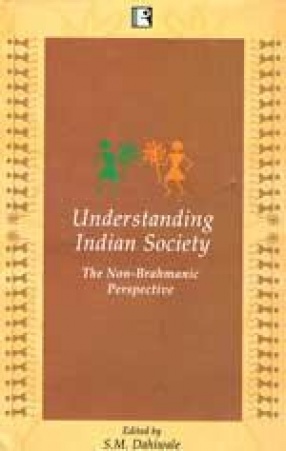
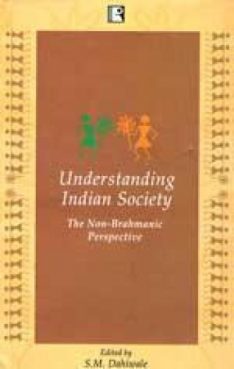
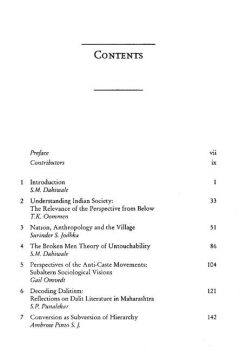
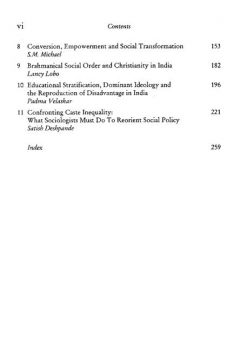


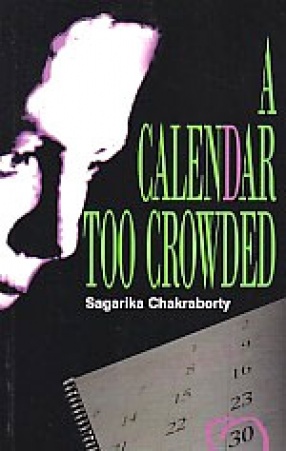

There are no reviews yet.